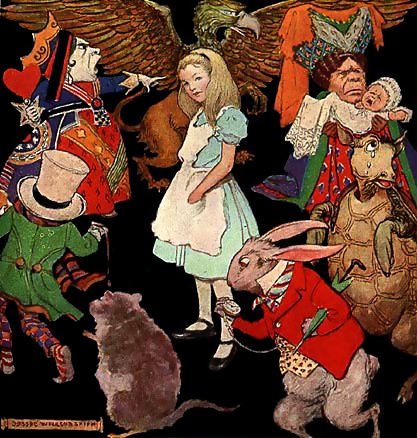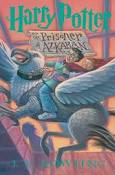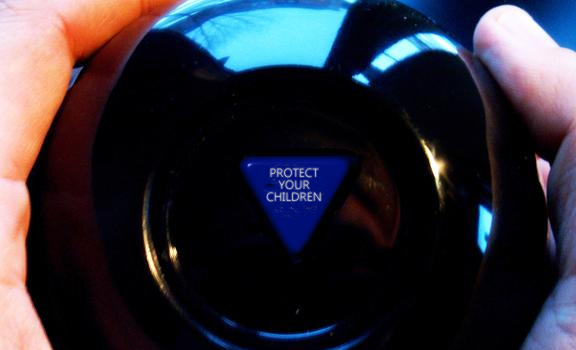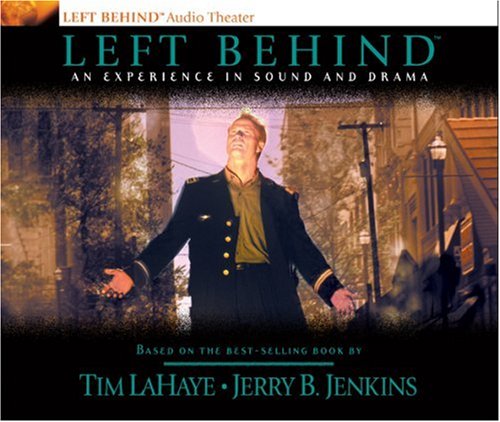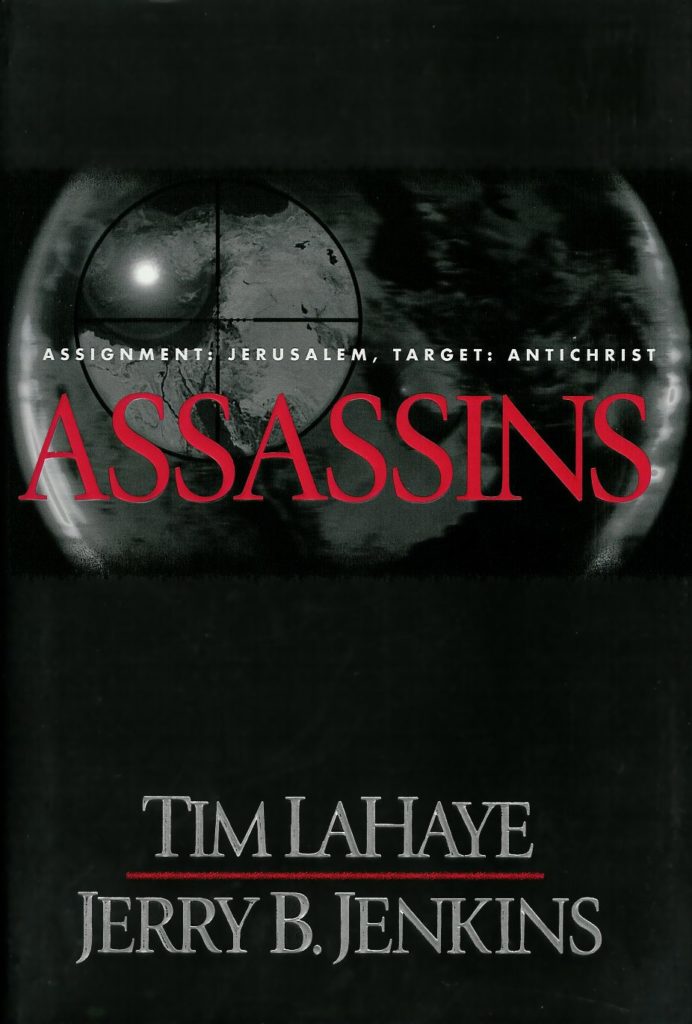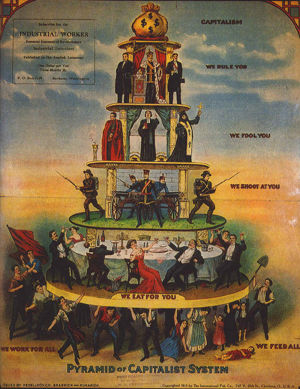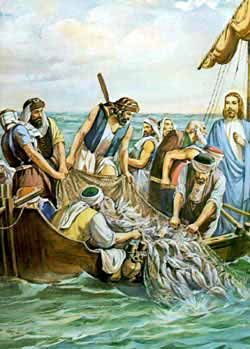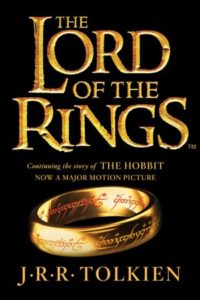Today I’m offering a reprint of an article I wrote back in 2007. It first appeared as an appendix to my first published book, a novella published in November of 2007, Infinite Realities by Double-Edged Publishing. That novella was later expanded to a full novel and published as Reality’s Dawn by Splashdown Books in 2011, sans this article.
I wrote it in part to offer an explanation of why I, as a Christian, wrote a fantasy book filled with magic and mythical creatures. I thought this article dovetailed nicely with some recent thoughts here. They are still relevant today.
————-
“Why would a Christian write speculative fiction, like fantasy? Aren’t they antithetical?”
There are two types of people who might ask that. One group is those who don’t bother with reading speculative fiction. After all, it isn’t real life, now is it? It isn’t about real issues, religious or otherwise. It’s just escapism.
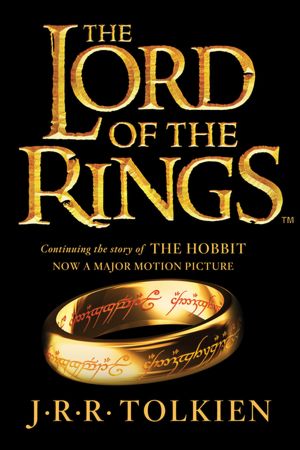 If you think that, you’re thinking too surface level. The greatest works of fantasy usually touch on real life issues and problems. Consider J. R. Tolkien’s Lord of the Rings book. It is set in a totally made-up land with magic and elves, but full of real-life events that change the way we look at one another. Whether it is the loyalty of Sam in the face of insurmountable odds and certain death, or the heroism of Aaragorn or Boromir, each in their own way says volumes about humanity in how they face life when difficult times call out the hero in us all.
If you think that, you’re thinking too surface level. The greatest works of fantasy usually touch on real life issues and problems. Consider J. R. Tolkien’s Lord of the Rings book. It is set in a totally made-up land with magic and elves, but full of real-life events that change the way we look at one another. Whether it is the loyalty of Sam in the face of insurmountable odds and certain death, or the heroism of Aaragorn or Boromir, each in their own way says volumes about humanity in how they face life when difficult times call out the hero in us all.
The beautiful quality to fantasy, and the speculative genre in general, is the ability to highlight the real issues of our daily life when contrasted against an other-world backdrop.
Often the analogies and character relationships hit home in a striking way within that context.
The story in this book [Infinite Realities] is a good example of that very fact. How many of us struggle to find our place in life and then turn it into a means for self-fulfillment rather than a real ministry to others? I could preach on that and write great logical articles that would no doubt move some to greater zeal. But to go on that journey with Sisko, through the events he did, you experience the struggle as he deals with his own failures. It has an emotional impact that an article on the topic could rarely accomplish.
Don’t get me wrong. Non-fiction articles, both doctrinal and how-tos, have their place. I’ve written plenty of those as well. However, for me it is not a matter of either-or, but why not both? I don’t expect to never write non-fiction again. I look forward to doing so, but speculative fiction has a place in my heart and imagination. It can serve as a wonderful vehicle, through the time-honored craft of good story telling (which even Jesus used), to help us experience the truth and not merely read about it.
The other type who might ask this question is those who feel that relating Christianity to such things as “magic” and other elements of many fantasy stories, either links Christianity with that which is evil, or if taken as un-real, that Christianity is fantasy too.
Both of these fears arise from false views of reality itself.
 First, the “magic” issue, which has been stirred up at the time of this writing by the release of the last “Harry Potter” book by J. K. Rowling. Many Christians perceive “magic” as evil, and in real life, what we would tend to call “magic” (not card trick types), generally is, but not for the reasons people tend to think. The problem is, this view results from a worldview divided between the secular and God. So, it becomes an “us vs. them” issue, and we should stay away from it because that is “their” domain, and we don’t want to be equated with it.
First, the “magic” issue, which has been stirred up at the time of this writing by the release of the last “Harry Potter” book by J. K. Rowling. Many Christians perceive “magic” as evil, and in real life, what we would tend to call “magic” (not card trick types), generally is, but not for the reasons people tend to think. The problem is, this view results from a worldview divided between the secular and God. So, it becomes an “us vs. them” issue, and we should stay away from it because that is “their” domain, and we don’t want to be equated with it.
However, in the truly Christian worldview, there is no such thing as a purely secular reality. Every breath, every ability, every accomplishment is ultimately derived from God’s great bountyâeven if it appears on the surface to be coming from ourselves.
Pharaoh’s magicians experienced this. They did great feats of magic. Moses matched it. Then at some point the magicians couldn’t keep up with Moses. Why? Not because they themselves could no longer do it, but because God no longer allowed them to while He did allow Moses to continue with even greater miracles.
When Jesus was accused by the Pharisees that his power came from Satan, what did He say? “Oh, wow, you’re right. This does look like satanic magic. I had better stop.” No, He said, “A house divided against itself cannot stand.” Meaning, if He did His “magic” from Satan but was casting out demons and healing people of diseases, Satan is a very poor strategist.
Rather, the issue for Christ was from whom the power came to do amazing and great things, and (this is the big point) our acknowledgement of that.
The sin isn’t that someone is doing something supernatural, but their attempts to attribute what properly belongs to God for themselves.
That is a constant theme throughout the Bible, from Adam and Eve wanting to “be like God” to Simon Magnus trying to buy the power from St. Peter. One of the evilest sins listed in the Bible is to blaspheme the Holy Spirit by attributing His work to someone or something else.
Our failure to recognize from whom the power comes is the sin, not the fact that it is done. Since all comes from God, for the Christian, there is no magic that is evil. Only evil people who attempt to control God’s power for their own purposes, whether that is a witch or a name-it-claim-it preacher/healer.
Therefore, on the issue of magic and fantasy, which on the surface can appear to be pagan, an attempt to apply the faulty logic of “guilty by association” derives from a view of the world where some elements are not from God and so should be avoided at all cost, even the appearance of a relationship. But this very division is not a Christian worldview.
“But are we not luring souls into Satan’s hands by blurring this distinction?”
No, because while skewing God’s reality by separating Him from part of it, you in effect fail to notice the real tactic of Satan: to take whatever it is you are doing and, like Sikso’s temptation, to make it yours and fail to acknowledge from whom it really comes. That is the distinction which must not be blurred but is when we hand part of God’s creation over as inherently evil. The result is God’s own miracles become suspect.
So, one characteristic of good Christian fantasy is the underlying reality that all comes from God, whether the characters realize that or not. If the reality is there, it maintains a Christian vision of the world, just as in our world, even pagan elements are simply perversions of God’s truth due to selfish appropriation of it.
For the same reasons, I do not follow the idea that equating made-up worlds, stories, and the like with Christianity will make Christianity seem unreal.
No more than any other reality that might appear in a fantasy story. Not everything in a fantasy story is fantasy. Only certain parts of it will be. However, most people recognize this fact and can separate what is real from what is speculative.
The real concern, I think, is that some might feel by equating amazing abilities as fantasy, that some will see Biblical miracles in the same light, or even God Himself, as fiction. They will equate them with myths in an attempt to “explain” the unexplainable.
The only problem is, a truly Christian worldview doesn’t rest in explaining the unexplainable. It is a way of life, an organic part of reality. All is from God, whether it can be explained in terms of science or not. Real Christianity is not a “God of the gaps” theory but a whole life reality.
Some people fear that equating God’s power with a wizard casting a spell will somehow make God’s power seem less real. Because, everyone knows that the wizard and his spell are fiction. But the converse is true. While the wizard and his spell are made up, the fact is God could have created and used such a creature if He so desired. What God conceives isn’t fantasy but becomes reality. What I conceive is fantasy, and I know it.
The reality is what I’m speculating could have happened. If God had chosen to, it would be the current reality now. But that is why we call it speculative fiction. It is the author’s conception of what life would be like if such and such were true. But we know it isn’t, and God is not any more lessened due to my speculating than if I said, “What if the sun blew up?” Well, one day it might. And God has done some very unexpected and amazing things through the years, both recorded in the Bible and through Christian history. Where are we going to draw the line of what is off limits to God?
I would even go so far as to say, the rejection of fantasy causes one to limit God.
By not allowing the supernatural, current day miracles and events are not seen as coming from Him but due to some explained phenomena or scientific theory. For if all comes from God, and there is no division between a reality from God and all of realityâif we don’t base what God gets on what we can’t explainâthen fantasy cannot take away from God. Such views are a result of a divided worldview or purely secular worldview, not Christian.
At the root of all these issues is what one’s worldview is. For a truly Christian worldview, where God is the source of all, even if it has been perverted by evil people, fantasy cannot corrupt or lessen the reality of Christianity. Nor does it serve only as a form of escapism, but becomes a very rich commentary on our everyday life and goals as humans. For when you put those realities in an unreal world, they stand out all the more to our experience.
A good fantasy or speculative story will leave you changed. A good, Christian one will leave you changed for the better.
————
Originally published in the novella, “Infinite Realities,” by Double-Edged Publishing, November 2007. Also appeared online in Resident Aliens magazine in December of 2008.
 Often lost in the debate between “realistic” and “clean” fiction, is the overall message a story conveys about sin.
Often lost in the debate between “realistic” and “clean” fiction, is the overall message a story conveys about sin.
































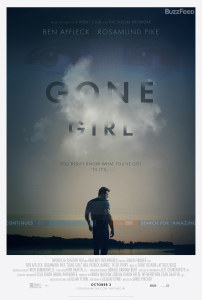
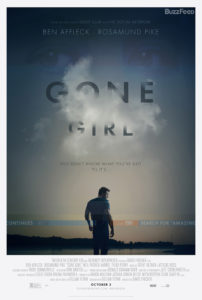

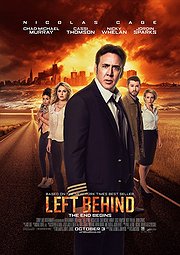
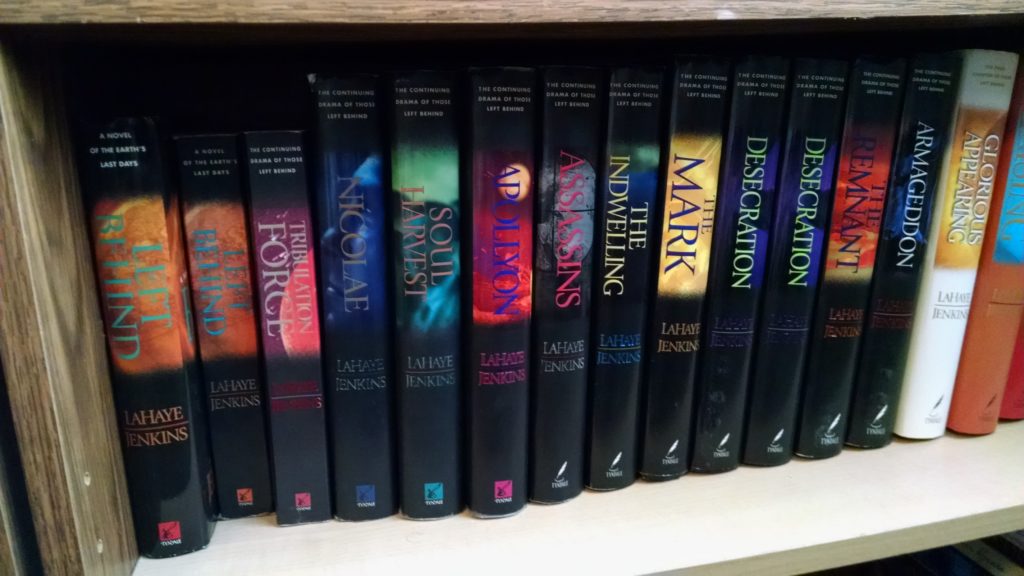

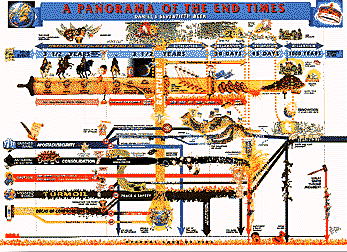
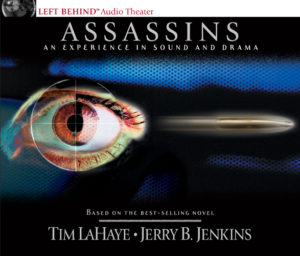
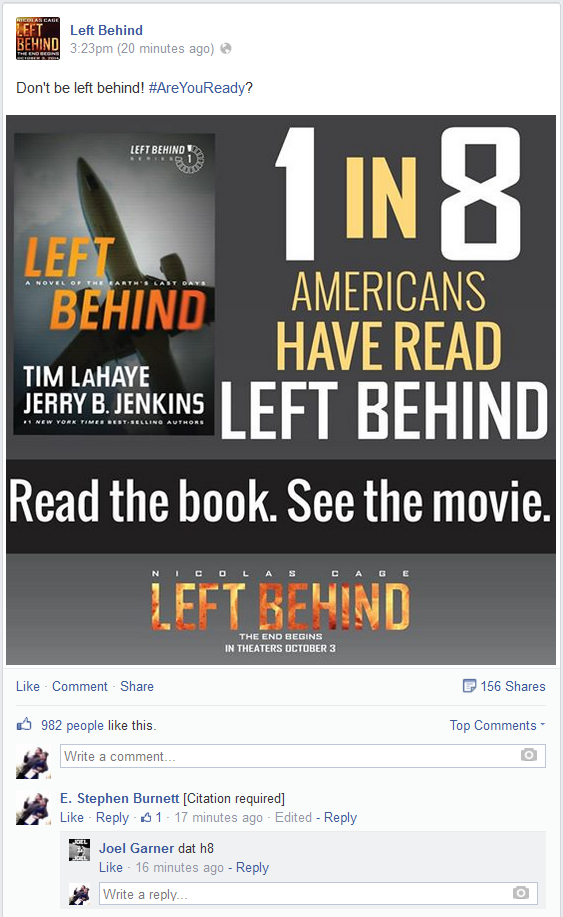

 The most outstanding element of Jill Williamsonâs Safe Lands Trilogy is its world-building. From the opening pages of Captives, she created two worlds, orbiting no more than a rising mountain apart and yet utterly distinct. In the Safe Lands, all is pleasure and comfort and convenience, greased by the omnipresent wonders of technology.
The most outstanding element of Jill Williamsonâs Safe Lands Trilogy is its world-building. From the opening pages of Captives, she created two worlds, orbiting no more than a rising mountain apart and yet utterly distinct. In the Safe Lands, all is pleasure and comfort and convenience, greased by the omnipresent wonders of technology. worldâ, in Hebrewsâ portrait of the heroes of faith âlooking for a country of their ownâ. Paul commands Christians not to âconform any longer to the pattern of this worldâ, John instructs us not to love the world, and James goes farthest of all, warning us that friendship with the world is hatred toward God.
worldâ, in Hebrewsâ portrait of the heroes of faith âlooking for a country of their ownâ. Paul commands Christians not to âconform any longer to the pattern of this worldâ, John instructs us not to love the world, and James goes farthest of all, warning us that friendship with the world is hatred toward God.


